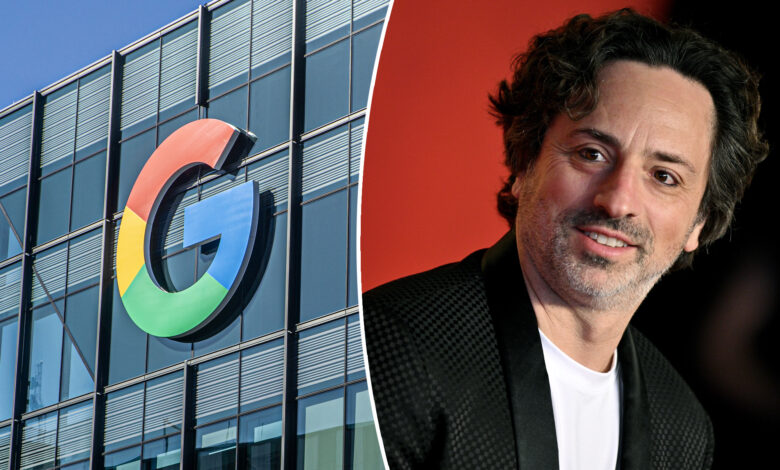Google’s Sergey Brin says 60 hours per week in office is ‘sweet spot of productivity’ as AI race heats up

Google co-founder Sergey Brin is urging employees working on artificial intelligence to spend at least 60 hours per week in the office as the search giant faces heated competition from OpenAI, Meta, Elon Musk’s xAI and China-based DeepSeek.
Brin, who is worth $144 billion, told AI workers in a memo that the longer hours are essential for Google to win the race to develop artificial general intelligence – defined as AI with human-level intelligence or greater.
“I recommend being in the office at least every weekday,” Brin said in the memo, which was first obtained by the New York Times.
Brin added that “60 hours a week is the sweet spot of productivity” in the missive, which was sent to employees working on Google’s Gemini AI models.
That would force Gemini members to pull 12-hour days before logging off for the weekend.
In the same memo, Brin also blasted some Google employee for not doing enough to contribute.
“A number of folks work less than 60 hours and a small number put in the bare minimum to get by,” Brin wrote. “This last group is not only unproductive but also can be highly demoralizing to everyone else.”
The memo doesn’t apply to Google employees more broadly, according to the report.
Google currently requires its employees to be in the office at least three days per week.
The Post has reached out to Google for comment on the memo.
Brin stepped down as Google’s president in December 2019, but maintains a seat on its board of directors and has continued to play an active role in its AI development.
The billionaire was listed as a “core contributor” on the original white paper for Google Gemini.
Google is one of several tech giants competing to develop AGI, chatbots and other AI-centric products.
OpenAI and Grok have each released major updates to their chatbots within the last week.
And last month, DeepSeek sparked a $1 trillion selloff in US markets by unveiling an AI model it claimed to have trained for less than $6 million.
With competition in full swing, top tech executives are ratcheting up pressure on their employees to deliver better results.
Meta recently laid off about 4,000 employees, or 5% of its workforce, after identifying “low performers” within its ranks.
At the same time, Mark Zuckerberg told Meta’s workforce that he expects an “intense year” in the industry.




